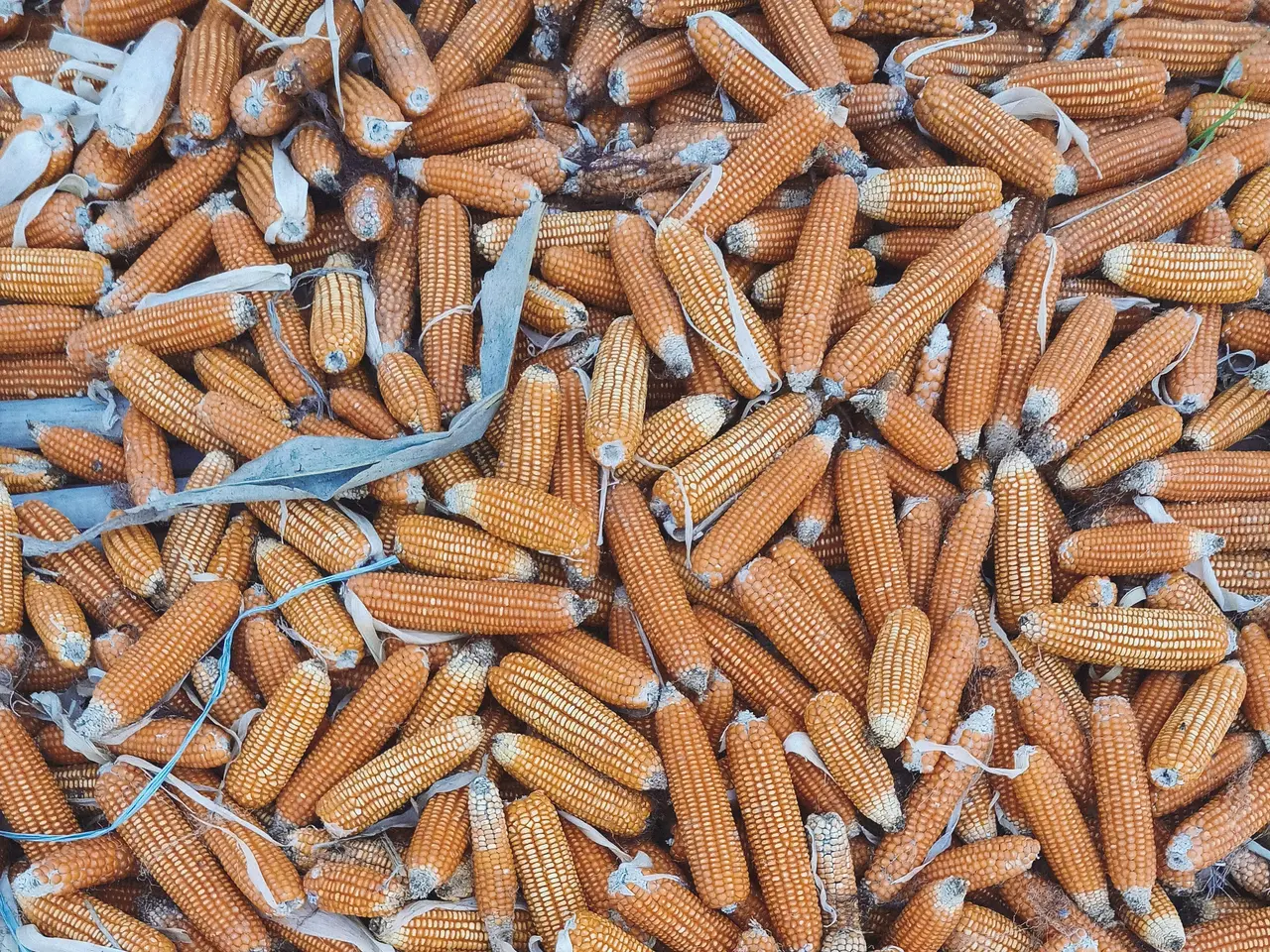Decline in global hunger, yet an increase in western Asia and Africa noted in UN's latest report on food security
Headline: Global Hunger Declines Modestly, but Africa and Western Asia Face Rising Food Insecurity
The World Health Organization (WHO) and several United Nations agencies have released the State of Food Security and Nutrition in the World (SOFI) 2025 report, highlighting progress in reducing stunting and supporting exclusive breastfeeding, but underscoring the urgent need to relieve millions from food insecurity and malnutrition, particularly in Africa and western Asia.
According to the report, an estimated 673 million people experienced hunger in 2024, a decrease from 8.5% in 2023 and 8.7% in 2022. However, this progress masks stark regional disparities. Africa and western Asia experienced a worsening hunger situation, with the proportion of hungry people surpassing 20% in Africa (about 307 million people) and rising hunger in western Asia as well (over 39 million people) in 2024.
Key reasons for this regional increase despite global progress include economic constraints and food affordability, prolonged crises and conflict, population growth and structural vulnerabilities, and unequal recovery dynamics. Food prices surged globally, raising the cost of a healthy diet significantly. In Africa, over 1 billion people cannot afford a healthy diet, up sharply from 864 million in 2019. This surge in food prices disproportionately affects low-income countries, worsening food insecurity.
Many countries in Africa and western Asia face ongoing humanitarian emergencies, conflict, and instability, which disrupt food production, supply chains, and access. These conditions deepen hunger despite global recovery trends elsewhere. Africa's rapidly growing population means more people are at risk of chronic hunger. By 2030, nearly 60% of people at risk of chronic hunger will be in Africa, underscoring systemic challenges in food security despite global efforts.
While some regions like South and South-East Asia and Latin America manage to improve hunger indicators, Africa remains the only continent where hunger continues to rise both in absolute number and proportion. Rural populations, women, and children in these regions are disproportionately affected.
UNICEF Executive Director, Catherine Russell, has emphasized the need to act urgently for the world's youngest and most vulnerable children, as rising food prices could deepen nutrition insecurity for millions of families. WFP Executive Director, Cindy McCain, has warned of funding cuts that could result in tens of millions of people losing vital lifeline food assistance.
The report underscores the need for collaboration with governments, the private sector, and communities to ensure access to food that is affordable and nutritious for children. It also highlights the need to strengthen social protection programs and teach parents about locally produced nutritious food for children, including the importance of breastfeeding. FAO Director-General, QU Dongyu, has emphasized the need to intensify efforts to ensure access to sufficient, safe, and nutritious food for everyone.
The SOFI 2025 report, published by five UN agencies, indicates that between 638 and 720 million people faced hunger in 2024. The report provides encouraging news but also shows where efforts need to be directed to ensure that everyone has access to a healthy and nutritious diet. The report is related to topics such as food & agriculture, policy & finance, economy, food security, UN, inequality, poverty, nutrition, and pandemics, and regions such as Africa, Asia Pacific, and Global.
The World Health Organization (WHO) and UNICEF Executive Director, Catherine Russell, have emphasized the need for urgently addressing food insecurity and malnutrition, particularly in Africa, by collaborating with governments, the private sector, and communities to ensure access to affordable and nutritious food, notably for children. Given the SOFI 2025 report's findings that Africa continues to have the highest rates of hunger, with about 307 million people affected in 2024, it is essential to strengthen social protection programs, teach parents about locally produced nutritious food, and advocate for the importance of breastfeeding, as part of the global efforts towards food security and nutrition.




